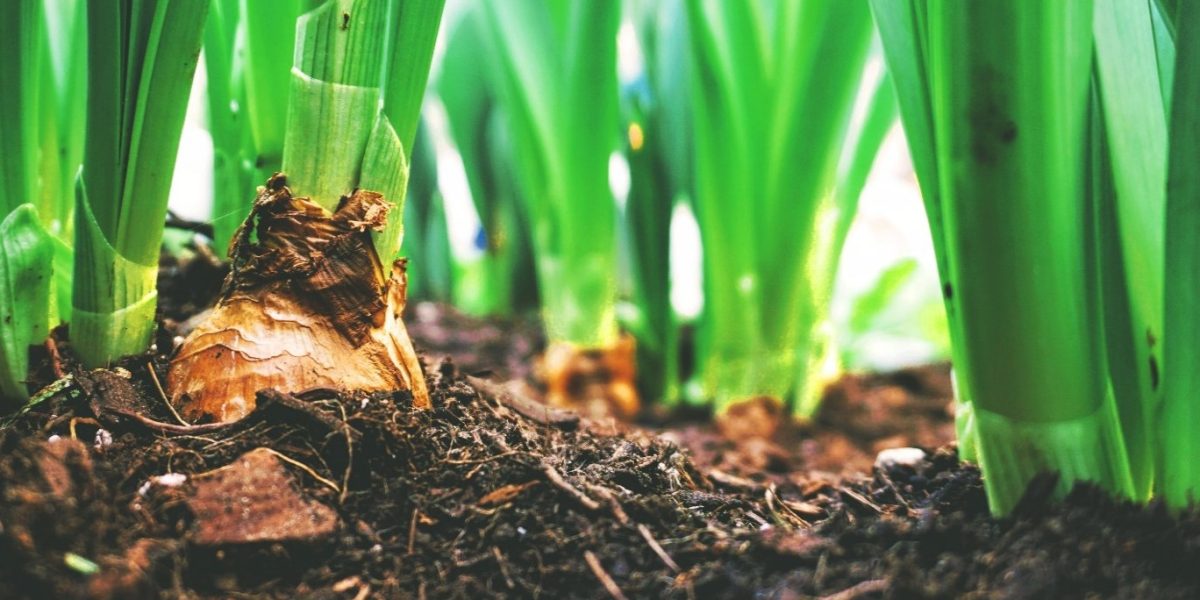Can plants be patented, and how?
New innovative plants are a fundamental tool to ensure a sufficient supply of future food and feed that are both environmentally friendly and can withstand the effects of climate change.
In the last 20 years, there has been a significant increase in the number of patent applications on new plants and the production of these. Although new and innovative plants can be patented, there are several exceptions to this rule that you as an inventor need to be aware of.
Can plants be patented in Europe?
Plants may constitute patentable subject matter. You can patent any plant production process containing a step of a technical nature that introduces or modifies a trait into the genome of the plant as well as a plant derived from said process. Consequently, GMO plants are in principle patentable, whereas plants generated by simple crossing of known plants are not.
Unpatentable Subject Matter
At present, the following are excluded from patentability by the European Patent Convention:
1) plants produced by essentially biological processes,
2) the essentially biological production process in itself, and
3) plant varieties*.
*A plant variety is defined as a plant grouping within a single botanical taxon of the lowest rank, and thereby covers individual plants sharing essentially all their characteristics. Plant varieties can be protected by Community Plant Variety Right (CPVR)
Note, that if you have led a patent application prior to 1 July 2017, you can actually patent a plant produced by an essential biological process, as the current legislation was implemented on this date.
Case – plant production vs method of identifying
Even though the production of plants by biological processes are excluded from patenting, you can still patent a method for identifying plants produced in such a manner. Such patents do however not provide protection of the identified plants. In a specific case, a method for identifying progeny plants obtained by cross of parent plants comprising a resistance to clubroot was deemed as patentable subject matter.
Essentially biological processes
While essentially biological processes are excluded from patentability, plants obtained by technical processes or microbiological processes remains patentable. Thus, plants prepared by methods involving gene transfer using vectors or bacteria, or in vitro or in vivo mutagenesis or methods involving in vitro plant cell cultures are patentable. In the EU, a stringent set of rules apply for GMO plants and several countries within the EU have even banned the use of GMO plants. Consequently, there is a discrepancy between plants that can be patented and plants that are allowable within the European market.
Examples of patented plants
The breweries Carlsberg and Heineken have developed a new variety of barley with traits that reduces the amount of energy and synthetic inputs needed for the malting and brewing processes through selective breeding, which is protected by patents.
Corn Products Development have developed and patented an improved maize starch with higher viscosity and pasting temperature extracted from waxy sugary-2 double-mutant maize carrying a mutation in the GBSSI gene encoding the protein Granule bound starch synthase.
EU legislation
In 2018, The European Court of Justice (ECJ) ruled that “new genomic techniques” based on targeted editing of genes (such as CRISPR) fall under the same rules as GMOs that incorporate DNA from a different species (such as transgenic methods). However, a large skepticism towards this decision emerged and several companies have lobbied for a reconsideration.
Currently, there is a new initiative set out by the European Commission to propose a legal framework for plants obtained by targeted mutagenesis and cisgenesis (e.g. CRISPR) and for their food and feed products. The initiative will consider if EU’s GMO regulations should cover all GMOs, including the ones using “new genomic techniques” or if a separate legislation are relevant for plants produced by these techniques. A public consultation on the EU initiative is scheduled for the 2nd quarter of 2022 before a final commission adoption is planned for the second quarter of 2023.
Need to know more?
If you wish to know more about patenting plants, you are welcome to contact our expert Louise Aagaard.
